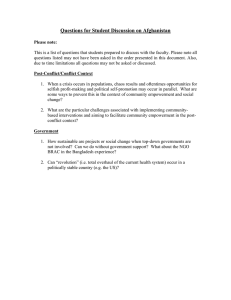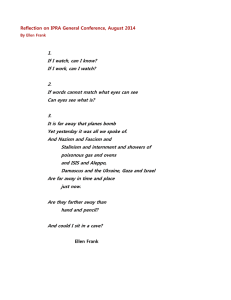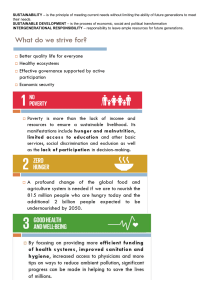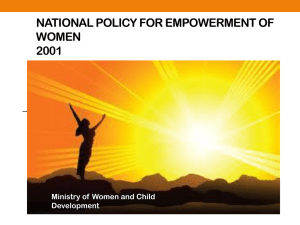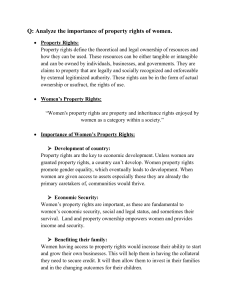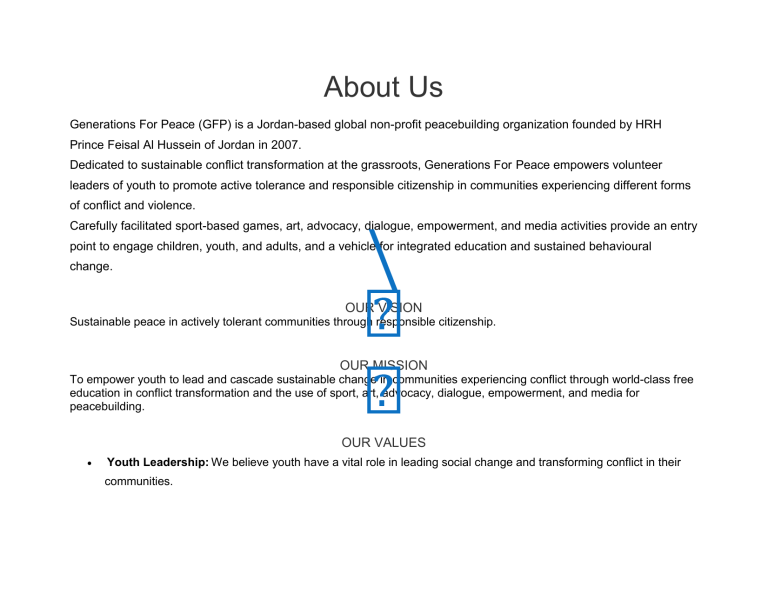
About Us Generations For Peace (GFP) is a Jordan-based global non-profit peacebuilding organization founded by HRH Prince Feisal Al Hussein of Jordan in 2007. Dedicated to sustainable conflict transformation at the grassroots, Generations For Peace empowers volunteer leaders of youth to promote active tolerance and responsible citizenship in communities experiencing different forms of conflict and violence. \ Carefully facilitated sport-based games, art, advocacy, dialogue, empowerment, and media activities provide an entry point to engage children, youth, and adults, and a vehicle for integrated education and sustained behavioural change. OUR VISION Sustainable peace in actively tolerant communities through responsible citizenship. OUR MISSION To empower youth to lead and cascade sustainable change in communities experiencing conflict through world-class free education in conflict transformation and the use of sport, art, advocacy, dialogue, empowerment, and media for peacebuilding. OUR VALUES Youth Leadership: We believe youth have a vital role in leading social change and transforming conflict in their communities. Community Empowerment: We believe in working at the grassroots, supporting youth to build on local strengths to help communities transform themselves into tolerant, peaceful societies. Active Tolerance: We believe peace is a process driven by active understanding, dialogue, and positive engagement with others, founded on trust and respect. Responsible Citizenship: We believe social change begins with personal responsibility and is sustained when people are actively engaged in creating the shared future of their community OUR DRIVERS OF CHANGE INNOVATION QUALITY IMPACT SUSTAINABILITY In the last 15 years, we have trained and mentored more than 22,502 volunteer leaders of youth in 52 countries in the Middle East, Africa, Asia, Europe, and North America. With our support, their ongoing programmes address local issues of conflict and violence and have touched the lives of more than 1,446,349 children, youth, and adults. Generations For Peace changemakers address cultural and structural violence issues in their communities, where contexts include inter-tribal, inter-ethnic, inter-religious violence; gender inequality; exclusion of minorities (IDPs, refugees, people with a disability); post-conflict trauma response; and reconciliation and reintegration. Additionally, our approach integrates conflict sensitivity and the full participation and empowerment of girls and women (in the implementation of UNSCR1325). Our programme monitoring and evaluations show increased volunteerism, youth engagement, responsible citizenship, and empowerment of girls and women, as well as greater self-sufficiency and capacity, increased social capital networks, reductions in violence, breaking of stereotypes, and greater tolerance, trust, and understanding. Generations For Peace has strong partnerships with key peacebuilding and international development institutions, including UN agencies, governmental donors, NGOs, the Olympic Movement, and commercial partners committed to corporate social responsibility. In addition, Generations For Peace is the only peace-through-sport organisation officially recognised by the International Olympic Committee. Generations For Peace is ranked 25th Social Good Organisation (SGO) in the “Top 200 SGOs in the World” for 2021 by SGO Advisor. It is the third-highest-ranked peacebuilding SGO in the world and the top-ranked SGO in the Arab World. Generations For Peace change-makers address issues of cultural and structural violence in their own communities, where contexts include inter-tribal, inter-ethnic, inter-religious violence; gender inequality; exclusion of minorities (IDPs, refugees, people with a disability); post-conflict trauma response; and reconciliation and reintegration. Additionally, our approach integrates conflict sensitivity and the full participation and empowerment of girls and women (in implementation of UNSCR1325). Our programme monitoring and evaluations show evidence of increased volunteerism, youth engagement, responsible citizenship, and empowerment of girls and women, as well as greater self-sufficiency and capacity, increased social capital networks, reductions in violence, breaking of stereotypes, and greater tolerance, trust, and understanding.
